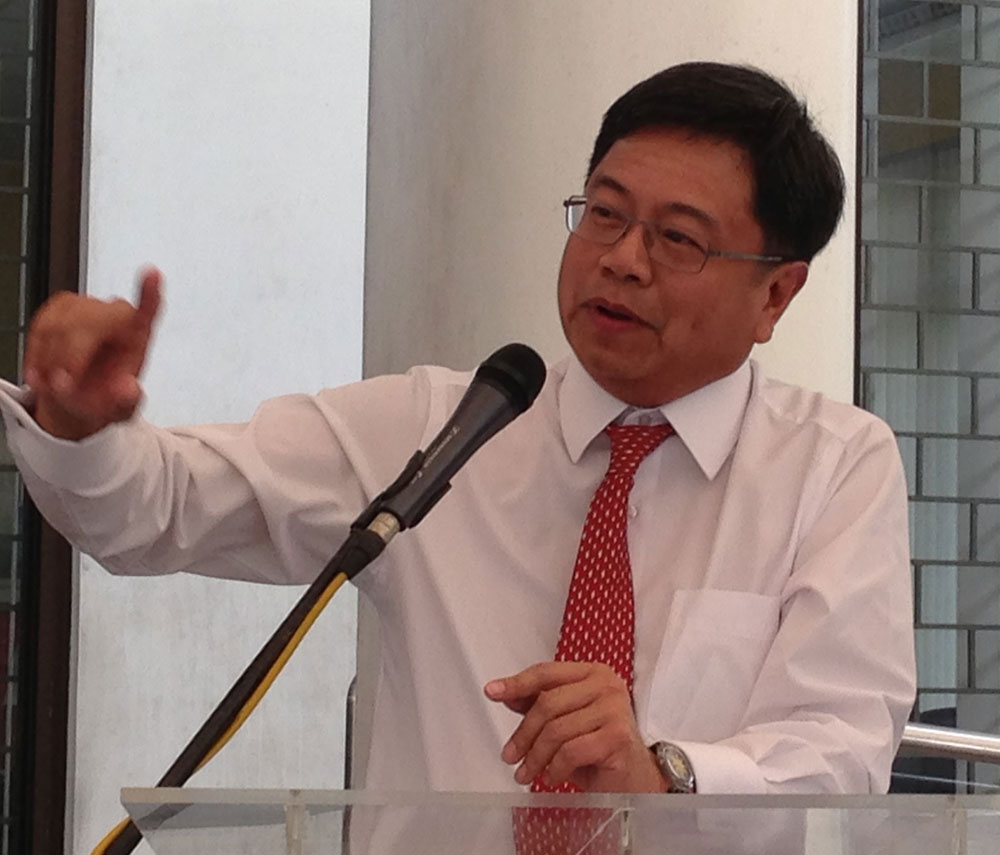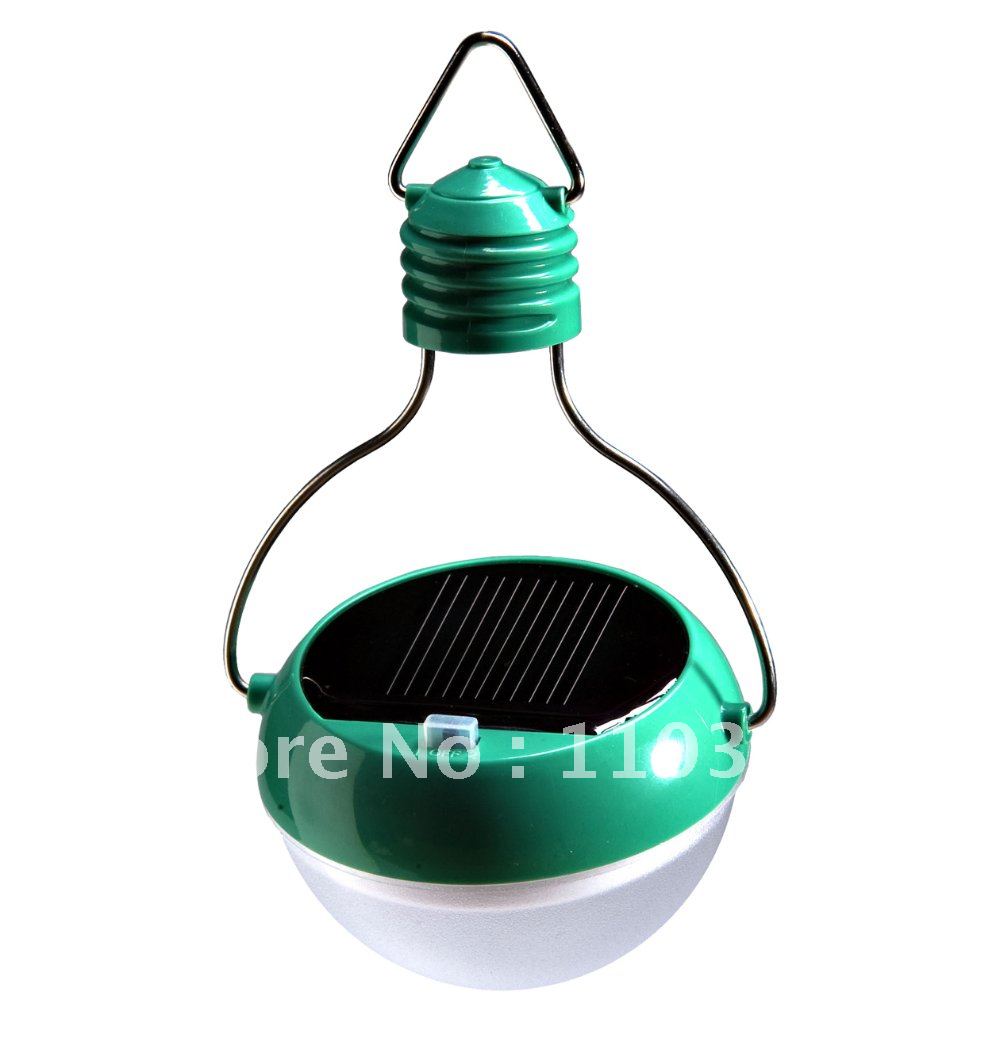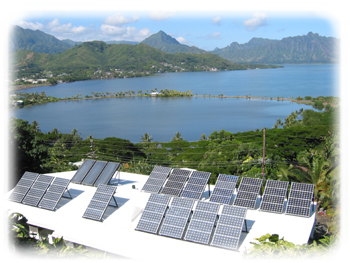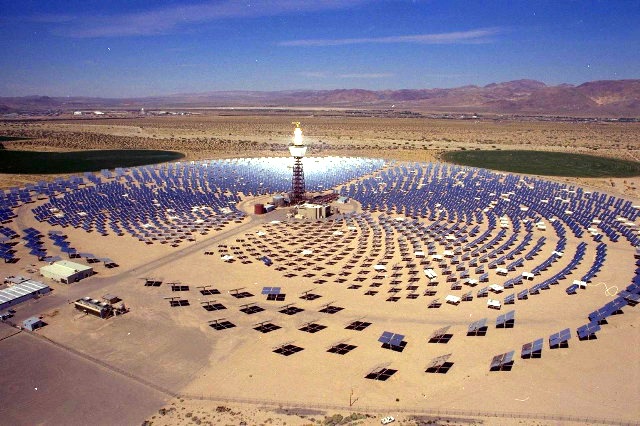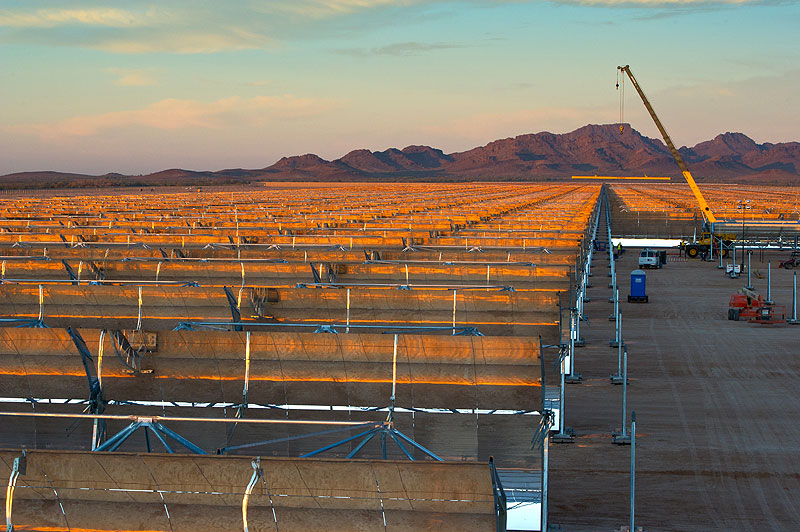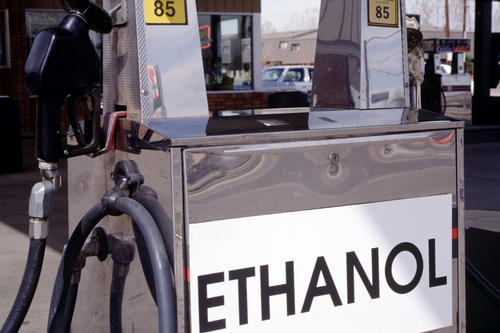From Philstar - Bank of Phil Islands goes solar
The Bank of Philippine Islands will go into solar energy source for its 400 branches nationwide under a P160 million BOT project with Solarus partner. Each branch will be equipped with 5 kWp at an average cost of P400,000 each. It would be first of its kind for a bank in the PHL. Half of its electrical consumption would be saved from the solar panel installation
Right now BPI has entered into an energy efficiency contract with Cofely and its P71 million investment in a chiller plant has yielded P1 million a month savings
Executive Director Florendo Maranan, who also heads the Sustainability office that this is kick off for BPI into green technology. Other projects include: LED signage, inverter aircon, rainwater harvesting.
We are glad BPI, a large corporation is into this. It can exert a lot of influence for people to be aware and embrace green technology. My experience, is that it takes a lot of doing to convince people to embrace this new technology and to work towards: lessening power consumption to decrease carbon emission so that there will be less severe climate change
We at Bereavement Providers Inc (also BPI) are working on 1. a solar panel project in Holy Gardens Greenhills in Calamba City, and LED lighting for three Holy Gardens: Pangasinan, Oton, Calamba City. Holy Angels Memorial Park in Morong has adopted the LED lighting too

